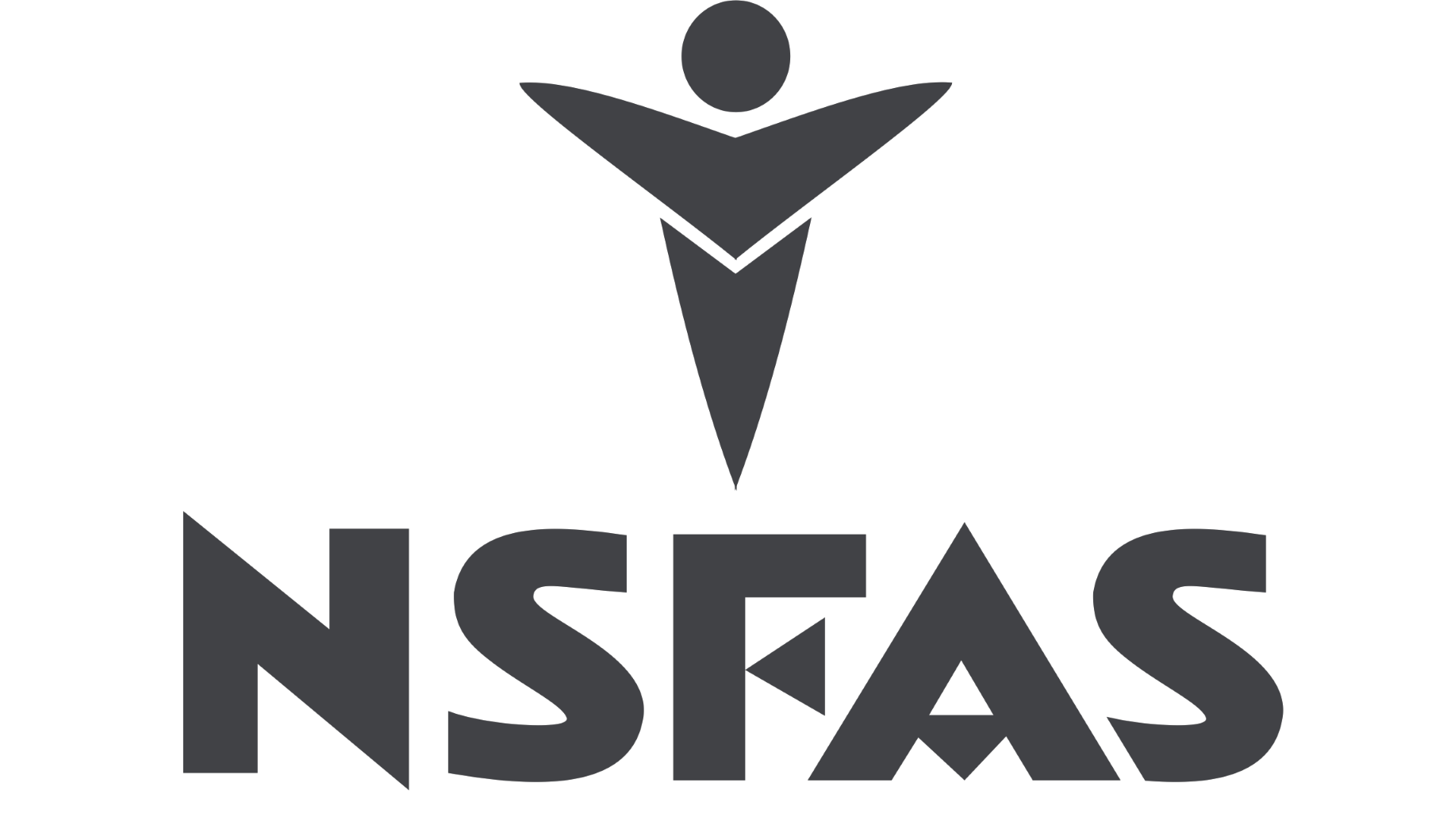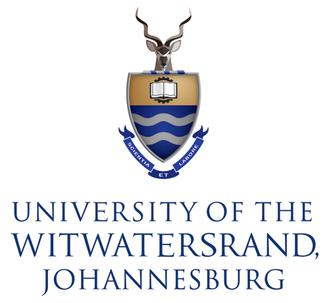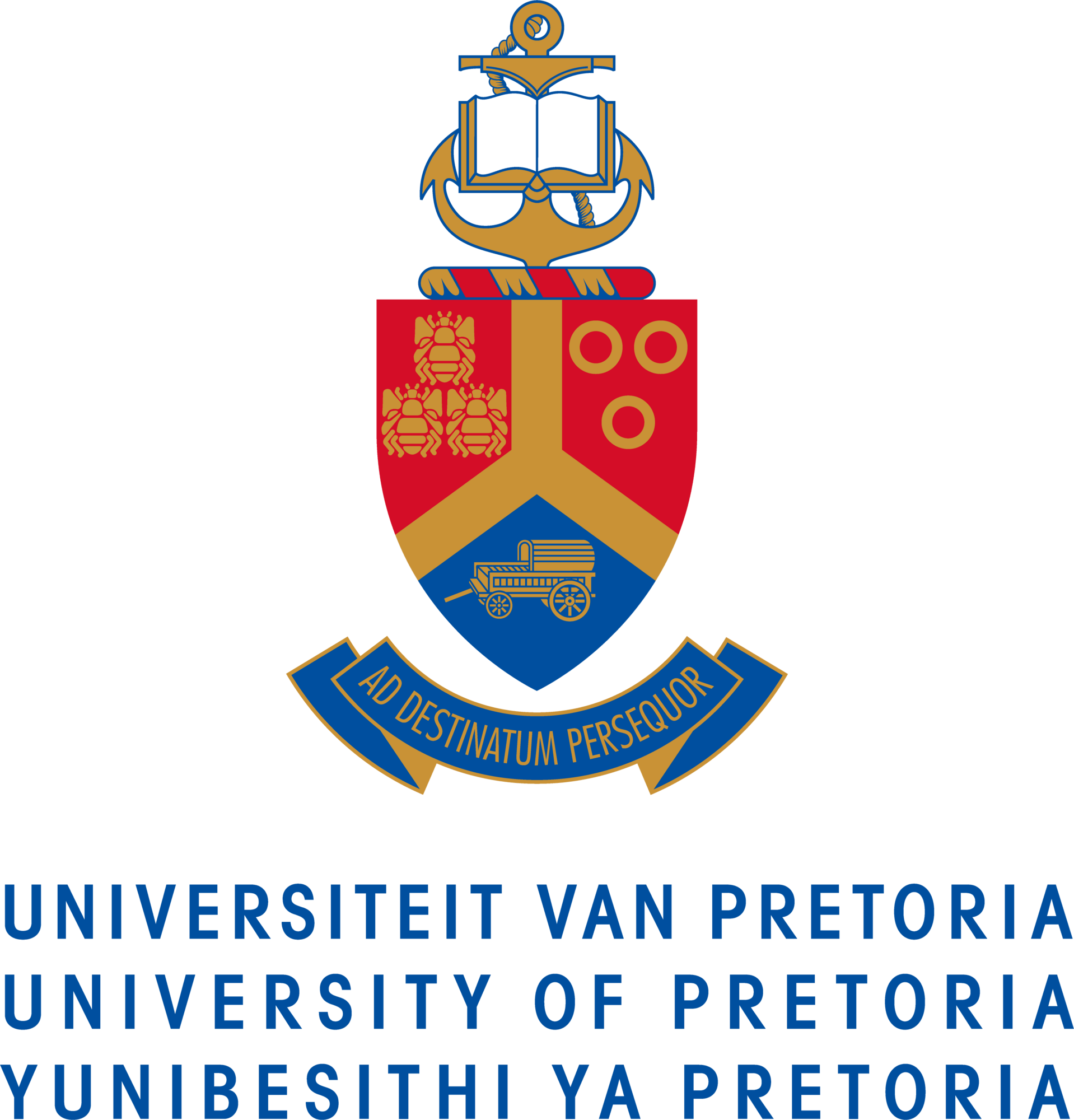Universities & Faculties
Explore faculties and sample Programmes per university:
University Application Timeline
Stay on track with key deadlines and important dates for South African university applications:
Early Research Phase
- Research universities and programmes
- Attend university open days
- Register for NBT tests
- Check admission requirements
NBT Testing Period
- Complete NBT tests
- Finalize university choices
- Prepare application documents
- Research funding options
Application Period
- Submit university applications
- Apply for NSFAS funding
- Submit supporting documents
- Pay application fees
Matric Results & Final Applications
- Receive matric results
- Submit final marks to universities
- Accept or decline offers
- Register for chosen programme
 NSFAS Funding Guide
NSFAS Funding Guide
The National Student Financial Aid Scheme (NSFAS) provides financial assistance to qualifying South African students. Here's everything you need to know:
Who Qualifies?
- South African citizens
- Family income under R350,000 per year
- First-time university students
- Students with disabilities (no income limit)
- SASSA grant recipients
Required Documents
- ID document (student and parents/guardians)
- Matric certificate or latest results
- Proof of income (parents/guardians)
- Bank statements (3 months)
- Affidavit for unemployed parents
What Does NSFAS Cover?
- Tuition fees
- Accommodation costs
- Meal allowances
- Book and learning material allowances
- Transport allowances
Important Dates
- Applications open: October/November
- Applications close: January 31st
- Appeals period: February - March
- Results released: June onwards
- Registration assistance: February
NBT Test Preparation Guide
The National Benchmark Tests are crucial for university admission. Here's how to prepare effectively:
Academic Literacy (AL)
What it tests: Reading comprehension, academic writing, and critical thinking skills.
Preparation Tips:
- Read academic articles and newspapers regularly
- Practice summarizing complex texts
- Improve vocabulary through reading
- Practice interpreting graphs and data
- Work on essay writing skills
Quantitative Literacy (QL)
What it tests: Mathematical problem-solving in real-world contexts.
Preparation Tips:
- Review basic arithmetic and percentages
- Practice interpreting graphs and charts
- Work with ratios and proportions
- Understand basic statistics concepts
- Practice time and distance problems
Mathematics (MAT)
What it tests: Pure mathematics knowledge and problem-solving.
Preparation Tips:
- Review Grade 10-12 mathematics curriculum
- Practice algebra and equation solving
- Work on geometry and trigonometry
- Study functions and graphs
- Practice calculus basics
University Application Tips
Maximize your chances of acceptance with these proven application strategies:
Application Forms
- Complete all sections accurately and truthfully
- Double-check personal information and contact details
- Ensure all required documents are attached
- Submit applications well before deadlines
- Keep copies of all submitted documents
Academic Performance
- Focus on improving marks in relevant subjects
- Take NBT tests seriously and prepare well
- Consider supplementary exams if needed
- Maintain consistent performance throughout Grade 11/12
- Document any extenuating circumstances
Programme Selection
- Research career prospects for each programme
- Consider your interests and strengths
- Have backup programmes and universities
- Understand minimum and competitive requirements
- Consider alternative pathways (bridging programmes)
Communication
- Maintain regular contact with university admissions
- Respond promptly to requests for information
- Ask questions about unclear requirements
- Follow up on application status
- Keep professional tone in all communications
Career Guidance by Field
Understanding career prospects can help you make informed programme choices:
Science & Technology
High-demand careers:
- Data Science and Analytics
- Biomedical Engineering
- Environmental Science
- Software Development
- Renewable Energy Engineering
Salary range: R300,000 - R1,200,000+ per year
Health Sciences
Growing opportunities:
- Medicine and Surgery
- Physiotherapy
- Nursing (specialized fields)
- Pharmacy
- Mental Health Counseling
Salary range: R250,000 - R2,000,000+ per year
Business & Finance
Emerging sectors:
- Financial Technology (FinTech)
- Digital Marketing
- Supply Chain Management
- Business Analytics
- Sustainable Business
Salary range: R200,000 - R1,500,000+ per year
Creative Industries
Digital-age opportunities:
- UX/UI Design
- Digital Content Creation
- Game Design and Development
- Film and Video Production
- Brand Strategy and Design
Salary range: R180,000 - R800,000+ per year
Grade 11/12 Study Tips for University Preparation
Excel in your final year with these effective study strategies:
Time Management
- Create a realistic study timetable
- Prioritize subjects based on university requirements
- Use the Pomodoro Technique (25-minute study sessions)
- Set aside time for NBT preparation
- Balance study with rest and recreation
Study Techniques
- Use active recall instead of passive reading
- Create mind maps and summary notes
- Form study groups with motivated classmates
- Practice past papers under exam conditions
- Seek help from teachers when struggling
Exam Preparation
- Start revision 6-8 weeks before exams
- Create exam timetables and stick to them
- Practice time management during tests
- Learn to identify question patterns
- Develop stress management techniques
Maintaining Motivation
- Set clear, achievable goals
- Celebrate small victories along the way
- Visualize your university success
- Connect with supportive friends and family
- Remember your long-term career aspirations
Frequently Asked Questions
What is APS and how is it calculated?
APS (Admission Point Score) converts your Grade 11/12 marks into points. Typically: 80–100% = 7 points, 70–79% = 6, 60–69% = 5, 50–59% = 4, 40–49% = 3, 30–39% = 2, 0–29% = 1. Your best six subjects count. Life Orientation is usually excluded.
Do I need NBT scores for UCT, Wits, UL or UP?
UCT requires NBT scores for most Programmes. Wits, UL and UP do not require NBT for admission. Our tool adapts automatically when you select your university.
When do university applications open and close?
Most SA universities open applications around March–April and close between August–October. Always confirm exact dates on official university sites; our Timeline gives a general guide.
What does NSFAS cover?
NSFAS may cover tuition, accommodation, meals, books and learning materials, and transport allowances for qualifying students. See the NSFAS section above for details.
How can I improve my eligibility for competitive Programmes?
Focus on boosting marks in required subjects, prepare thoroughly for NBT (if applicable), and consider alternative or related Programmes as pathways. Our tips and Study Strategies can help.
⚠️ Important Disclaimer
KJA Admissions is an independent platform and is not affiliated with, endorsed by, or officially connected to any of the universities mentioned on this platform, including the University of Cape Town (UCT), University of the Witwatersrand (Wits), University of Limpopo (UL), University of Pretoria (UP), or the National Student Financial Aid Scheme (NSFAS).
All university logos, information, and admission requirements displayed are used for educational and informational purposes only. The logos are trademarks of their respective institutions. We recommend verifying all admission requirements and information directly with the respective universities and NSFAS official websites.
This platform provides guidance and estimation tools to assist prospective students, but final admission decisions rest solely with the individual universities.



